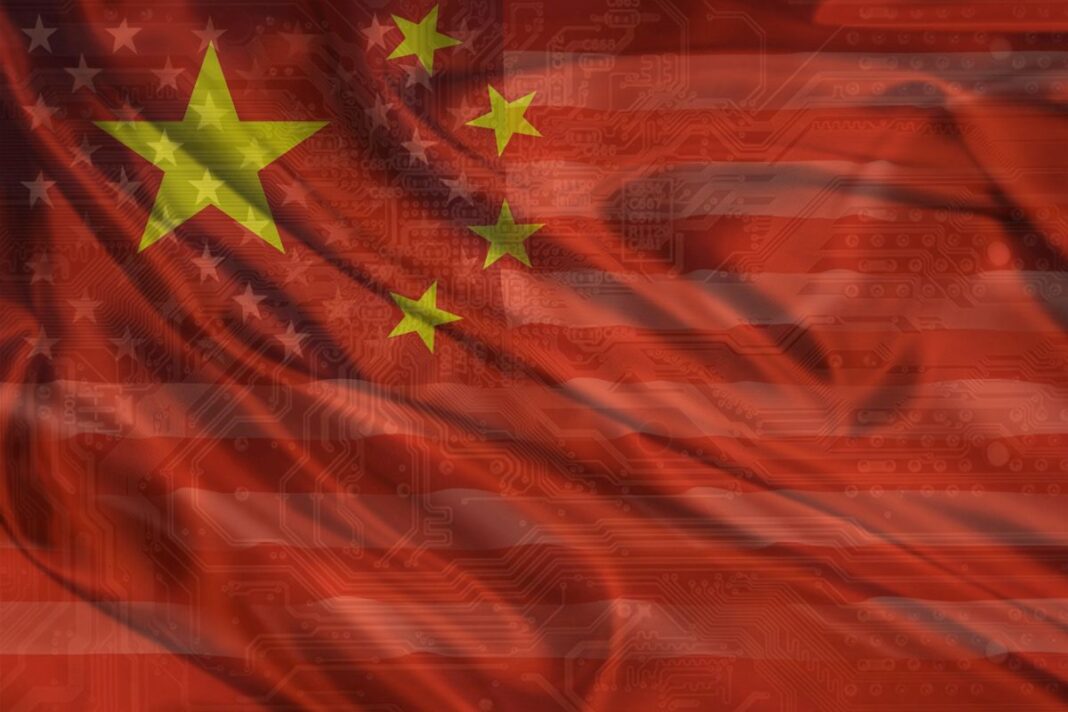Senate Minority Leader Chuck Schumer (D-N.Y.) on May 15 raised concerns that the United States’ new chip deals in the Middle East may allow the Chinese Communist Party (CCP) and its military to gain access to the very technology the United States has tried to restrict.
President Donald Trump announced several multibillion-dollar deals during his trip to the Middle East from May 13 to May 16, which include plans to build out a major AI campus in the United Arab Emirates. Major American AI companies signed deals, including Qualcomm, Nvidia, AMD, and Google. The UAE has also agreed to build, invest in, or finance comparable data center projects in the United States.
Nvidia revealed that it would sell more than 18,000 of its latest AI chips to Saudi tech firm Humain. AMD will supply chips for the $10 billion project built in both Saudi Arabia and the United States. Details of any restrictions have not yet been revealed, but this access signals alignment on national security concerns. Ahead of the announcements, Trump and Saudi Crown Prince Mohammed bin Salman signed a strategic economic partnership agreement, which includes several memoranda of understanding on energy, mineral resources, and cooperation in defense, justice, space, and infectious diseases.
On the Senate floor, Schumer warned that the Chinese regime “inevitably” gets its hands on American chips when other foreign countries do.
“This deal screams ’security risk‘ and ’loophole’ as China could be ready to exploit American technology,” Schumer said.
He urged Secretary of State Marco Rubio and Secretary of Commerce Howard Lutnick “to prevent these deals from proceeding until we [are] dead certain that these chips won’t make their way into Chinese government’s hands.”
He also called on the Trump administration to “protect against the offshoring of American AI technology.”
Rep. John Moolenaar (R-Mich.), chairman of the House Select Committee on the CCP, had expressed similar concerns.
“The U.S. must lead the world in AI technology—but we must do it securely. The CCP is actively seeking indirect access to our top tech. Deals like this require scrutiny and verifiable guardrails,” he stated on May 13 on social media platform X, pointing out that his committee raised similar concerns last July about Microsoft’s partnership with UAE company G42.








